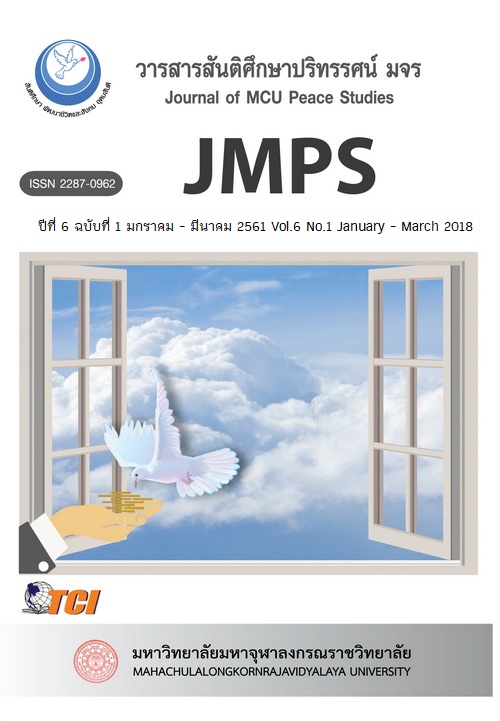Leadership Factors Affecting the Effectiveness of Administration of Buriram Primary Eaducational Service Area
Main Article Content
Abstract
The purposes of this research were 1) to develop a causal relationship model of leaderships that affect the effectiveness of school administration in Buriram Primary Educational Service Area, and 2) to examine the validity of this causal relationship model. The sample of population included 300 school administrators in Buriram Primary Educational Service Area, obtained by means of multistage random sampling. A questionnaire was used as the research instrument. The analysis of data involved the examination of model validity with LISREL.
The results are as follows.
1) The causal relationship model of leaderships affecting the effectiveness of school administration contained an exogenous latent variable as leadership of administrator, with 4 observed variables, i.e. personality traits, skills, practice behavior, and supporting factors. Practice behavior was found with a highest mean value. An endogenous variable as administration effectiveness included 3 observed variables, i.e. school reputation, school achievement, and teacher satisfaction. Teacher satisfaction was found with a highest mean value.
2) The results on model validity indicated that the chi-square value varied from zero with no statistical significance; chi-square = 13.98, df = 9, and p = 0.12307, GFI = 1.014, AGFI = 1.044, and RMR = .000399, suggesting that the model fits to the empirical data.
Article Details
Views and opinions expressed in the articles published by The Journal of MCU Peace Studies, are of responsibility by such authors but not the editors and do not necessarily reflect those of the editors.


